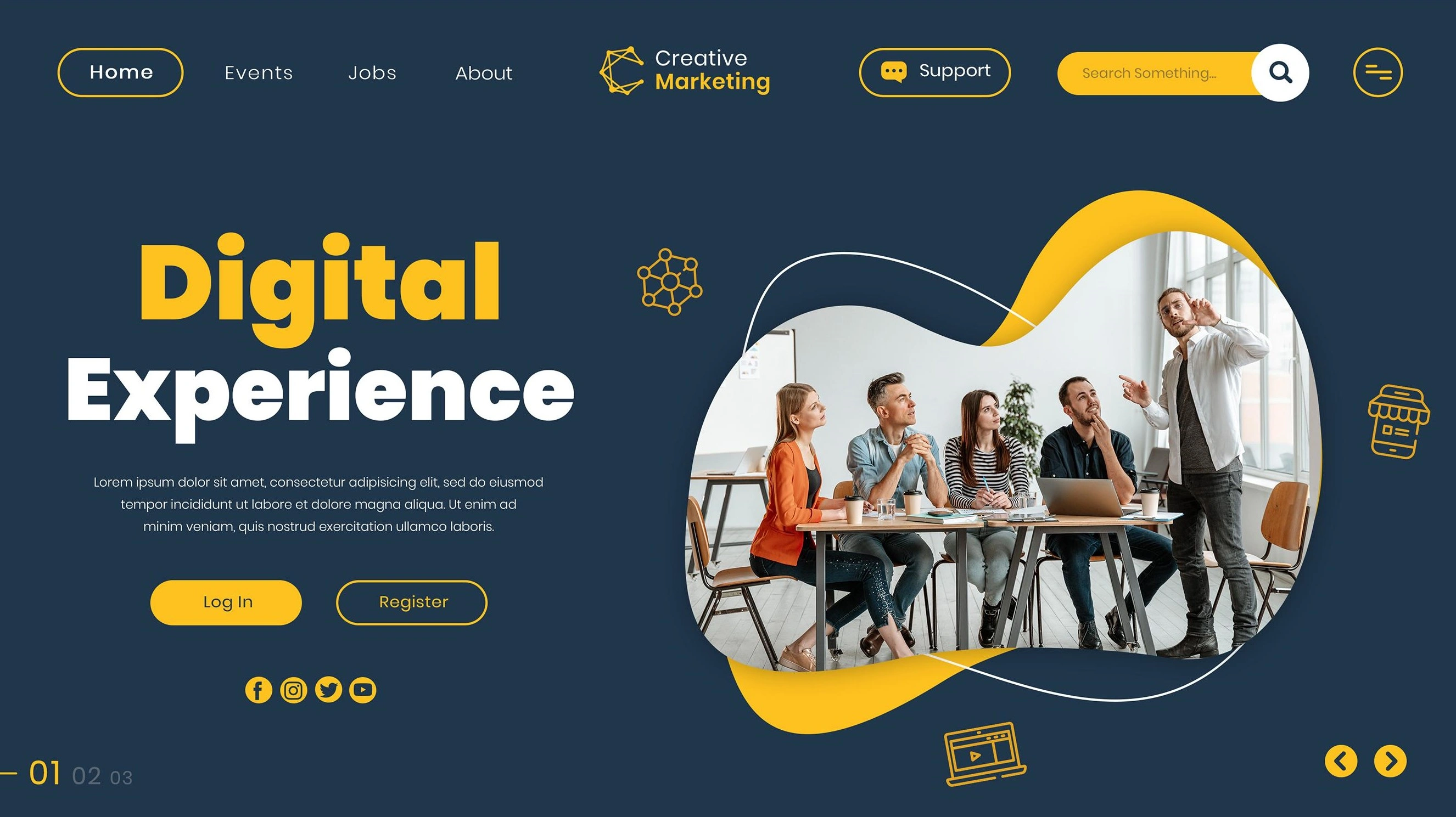
In an era where digital presence is paramount, educational institutions must adapt their marketing strategies to attract and engage prospective students effectively. One of the most impactful tools in this endeavor is a well-designed landing page. A landing page serves as a dedicated space that encourages visitors to take specific actions, such as enrolling in a course or requesting more information. This blog will explore the essential components of high-converting landing pages tailored for educational institutions, ensuring you capture and convert leads efficiently.
Landing pages play a critical role in the marketing funnel. Unlike standard website pages, they are designed with a singular focus: conversion. By providing targeted information and minimizing distractions, landing pages can significantly increase enrollment rates and enhance your institution's visibility.
The headline is the first impression visitors will have of your landing page. It should be compelling and clearly convey the value of your offerings. Use action-oriented language that speaks directly to your audience’s aspirations. For example, "Launch Your Career with Our Industry-Recognized Online Courses!" This not only grabs attention but also sets the tone for what follows.
Visual content is essential for creating an engaging user experience. Incorporate high-quality images and videos that reflect your institution's culture and values. Consider showcasing vibrant classrooms, interactive learning environments, or testimonials from successful alumni. These visuals help build trust and provide a glimpse into the student experience.
A strong CTA is vital for guiding visitors toward the desired action. Use clear and concise language such as "Enroll Today," "Download Our Course Catalog," or "Schedule a Free Consultation." Position your CTA prominently on the page, ensuring it stands out visually to encourage clicks.
Your content should be straightforward and focused on the benefits of your programs. Highlight unique features such as flexible learning options, expert faculty, and industry partnerships that set your institution apart. Use bullet points to enhance readability and ensure that each piece of information adds value.
With an increasing number of users accessing websites via mobile devices, it’s crucial to ensure your landing page is fully responsive. A mobile-optimized design enhances user experience, allowing prospective students to navigate easily, whether they are on their phones or tablets.
To maximize visibility, optimize your landing page for search engines using relevant keywords related to your courses. Incorporate these keywords naturally into headings, subheadings, and body text while maintaining readability. Additionally, optimize meta descriptions and image alt texts to improve discoverability.
Incorporate trust signals such as accreditation logos, partnerships with reputable organizations, or awards received by your institution. Including testimonials or case studies from current students or alumni can also provide social proof of the effectiveness of your programs.
Utilize analytics tools to monitor user behavior on your landing page. Understanding how visitors interact with your content will allow you to make data-driven decisions for continuous improvement. Track metrics such as bounce rates, conversion rates, and user engagement to refine your strategies over time.
Regularly conduct A/B testing on various elements of your landing page—such as headlines, CTAs, images, and layout—to identify what resonates best with your audience. This iterative approach enables you to enhance performance based on real user feedback.
If you're looking for expert digital marketing services or landing page development to effectively establish your brand and generate leads, Avis Pixel is here to help! Book a call withCalendlytoday! To learn more about our services at Avis Pixel, visitAvis Pixel!
#DigitalMarketing #LandingPages #LeadGeneration #EducationMarketing #SEO #WebDevelopment #StudentEngagement #OnlineLearning #AvisPixel